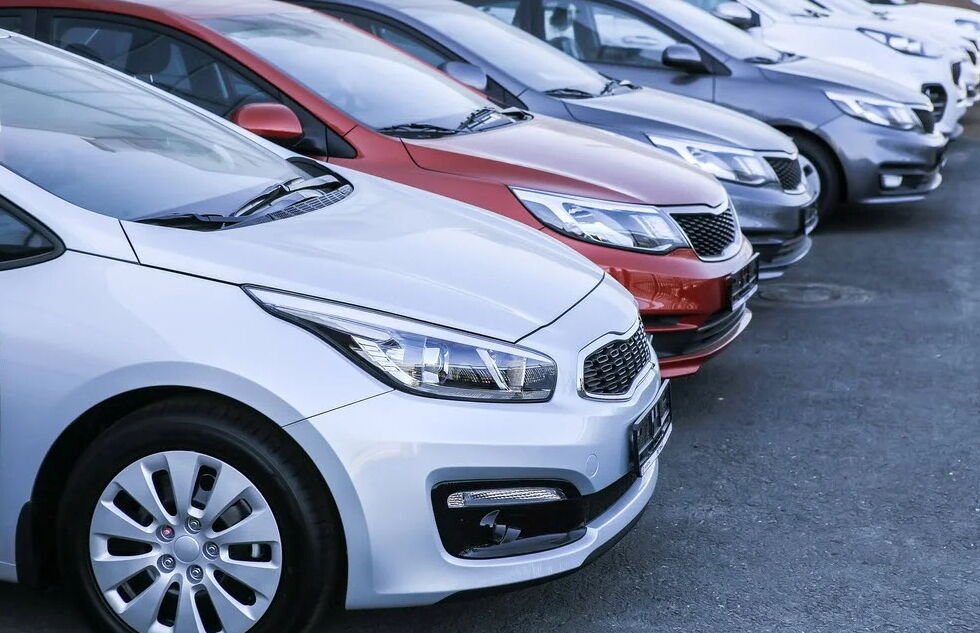Understanding Your Budget
Setting a budget is the cornerstone of any successful car purchase. Before you step onto the lot or browse online, take time to assess your financial situation. Consider not just the car’s price, but also taxes, registration, insurance, and maintenance costs. A practical rule of thumb is to ensure your car payment does not exceed 15% of your monthly income. Understanding your financing options, such as loans versus leases, is also crucial for making a sound decision.
Researching Your Options
With numerous makes and models available, thorough research is essential. Identify your needs: Will you be commuting or needing a family vehicle? Investigate models that meet those needs, focusing on reliability, safety ratings, and resale value. Platforms like Edmunds and Kelley Blue Book are invaluable for comparing vehicles, reading expert reviews, and gauging customer feedback. Knowing your options empowers you to make a well-informed choice.
Inspecting the Vehicle’s Condition
Whether purchasing new or used, a meticulous inspection is crucial. For new cars, ensure no visible damage exists. For used cars, perform a detailed exterior and interior check, looking for signs of wear, rust, or previous accidents. Don’t overlook a thorough test drive; assess how the car handles and listen for any unusual sounds. For used cars, considering a professional inspection can reveal hidden issues that may not be obvious at first glance.
Understanding Vehicle History
When buying a used car, obtaining a vehicle history report is vital. Services like Carfax provide insights into previous accidents, ownership history, and outstanding recalls. This information can significantly affect your purchase decision. Additionally, always verify the accuracy of the odometer reading to avoid potential fraud. If you find a vehicle you like, pairing the history report with a professional mechanic’s inspection can further safeguard your investment.
Mastering the Art of Negotiation
Price negotiation is an art that every car buyer should master. Never settle for the first price offered. Research the fair market value of the vehicle to support your negotiating stance. If you’re uncertain, bring someone with negotiation experience to assist you. Remember, the dealer might offer add-ons that inflate the overall cost; be prepared to politely decline anything you don’t find necessary.
Calculating Total Cost of Ownership
The purchase price is only the beginning of your financial commitment. Consider the total cost of ownership, which includes fuel efficiency, maintenance, repairs, and insurance premiums. Research the potential long-term expenses associated with different makes and models. Some vehicles, although cheaper upfront, may have higher operating costs due to repairs or fuel inefficiency. Understanding these factors helps you make an economically sound decision.
Taking Your Time
Purchasing a car is not a decision to rush. Taking your time allows you to carefully evaluate each option and avoid hasty choices that lead to regret. If pressured by salespeople, it’s entirely acceptable to walk away. Additionally, consider sleeping on your decision. Giving yourself a day or two to reflect can help you gain clarity and ensure you’re making a decision you can stand by.

Making Your Purchase with Confidence
Once you’ve done your research, inspections, and negotiations, and you feel ready to make your decision, do so with confidence. Purchase a vehicle that aligns with your needs, fits within your budget, and provides the reliability you expect. Remember, the key to a successful car purchase is being informed, prepared, and patient throughout the process.
FAQ
What is the best way to budget for a car purchase?
The best way to budget for a car purchase is to assess your financial situation, determine how much you can afford to spend monthly, and include additional costs such as insurance, maintenance, and fuel. A common guideline is to ensure your car payment does not exceed 15% of your monthly income.
How can I verify a used car’s reliability?
To verify a used car’s reliability, research the make and model for common issues, check safety and reliability ratings, and obtain a vehicle history report. Additionally, consider having a trusted mechanic perform a thorough inspection.
Is it necessary to have a professional inspect a used car?
While not strictly necessary, having a professional inspect a used car is highly advisable. A trained mechanic can identify hidden issues that may not be apparent during your own inspection, helping you avoid potential costly repairs in the future.
What should I do if I feel pressured to buy a car quickly?
If you feel pressured to make a quick purchase, it’s best to walk away. Take your time to evaluate your options and return when you feel ready. A car is a significant investment, and rushing can lead to regret.
What are some common add-ons I should be wary of during the car buying process?
Common add-ons to be wary of include extended warranties, rust-proofing, and various protection packages. While some may be beneficial, they often come at a high price, so make sure to evaluate their necessity before agreeing to them.












